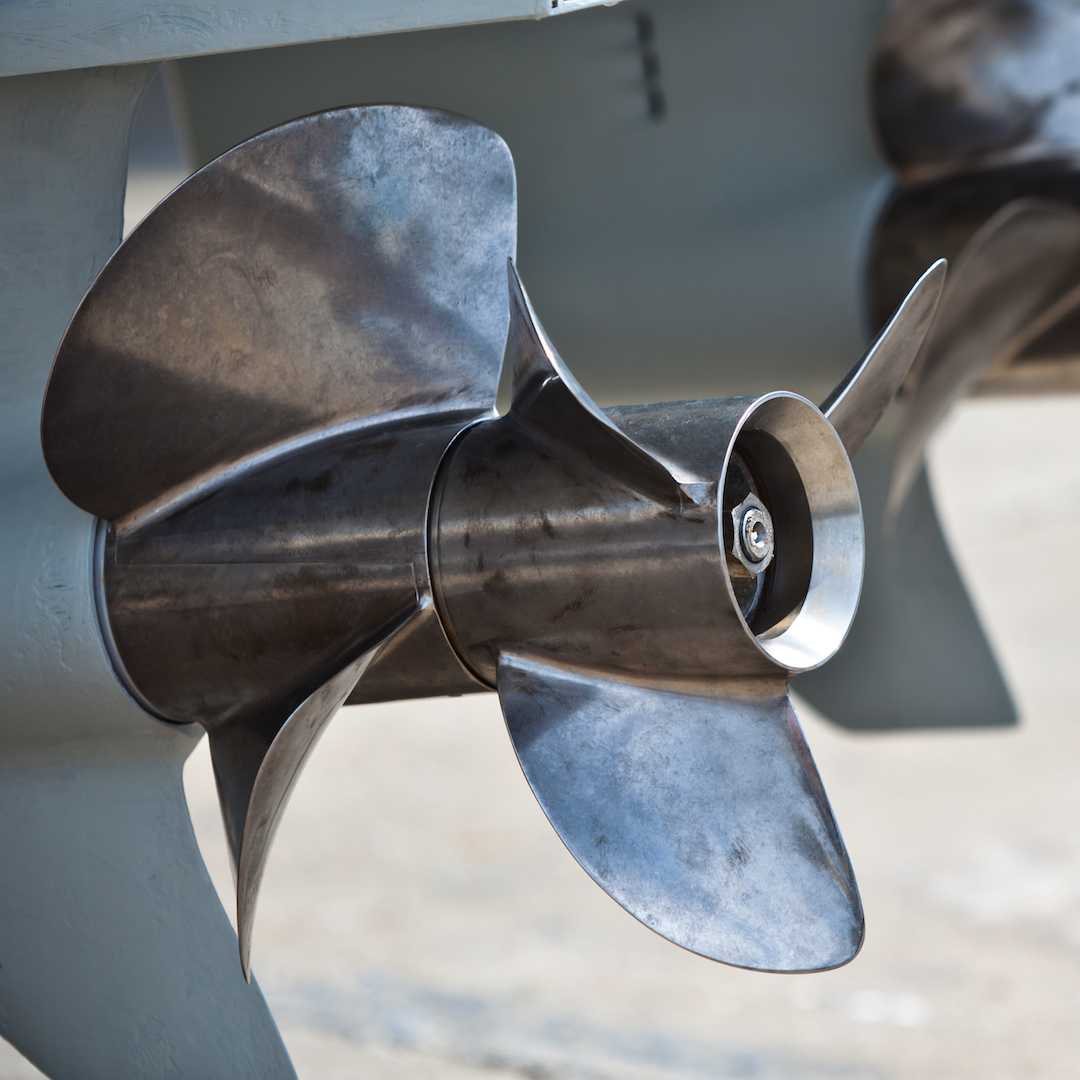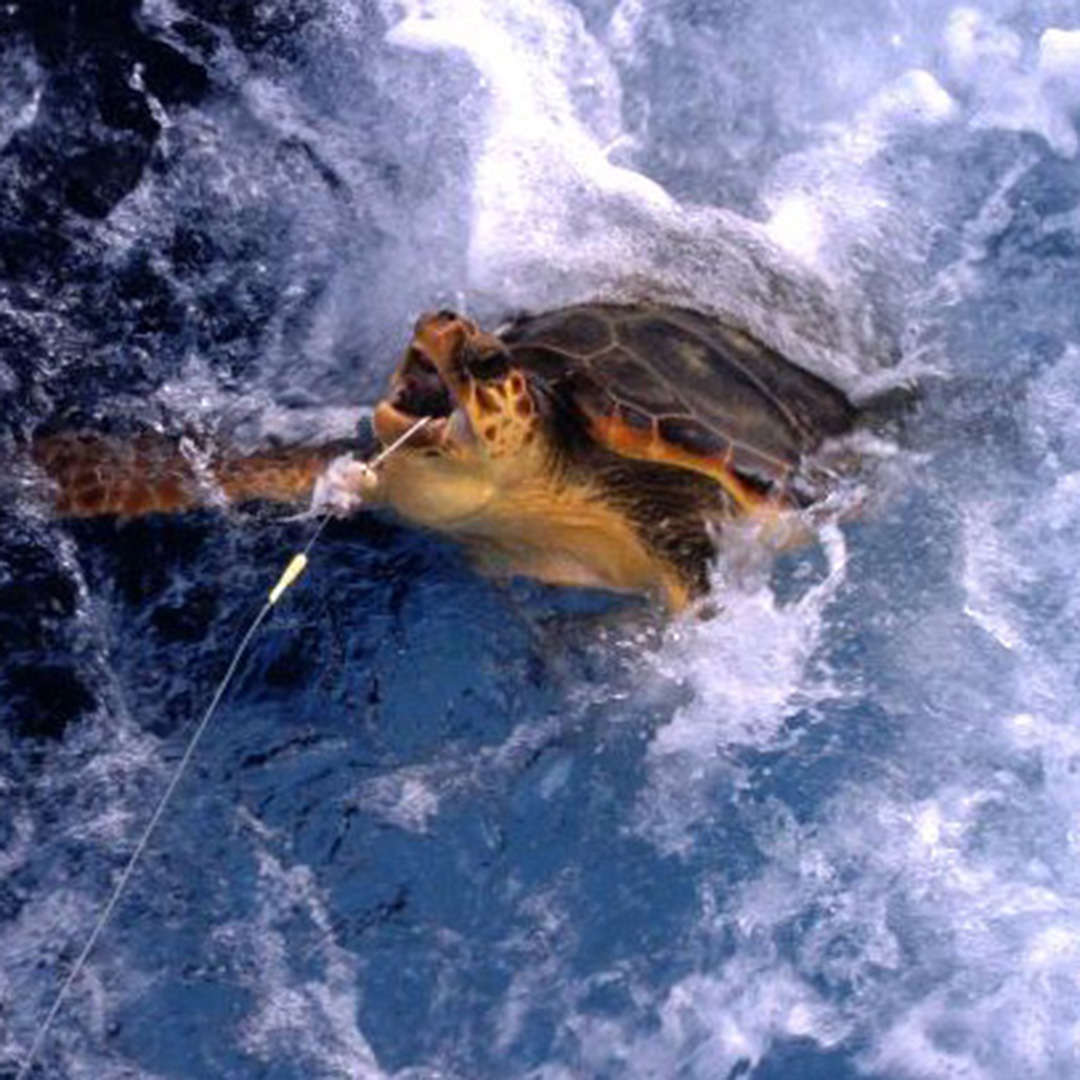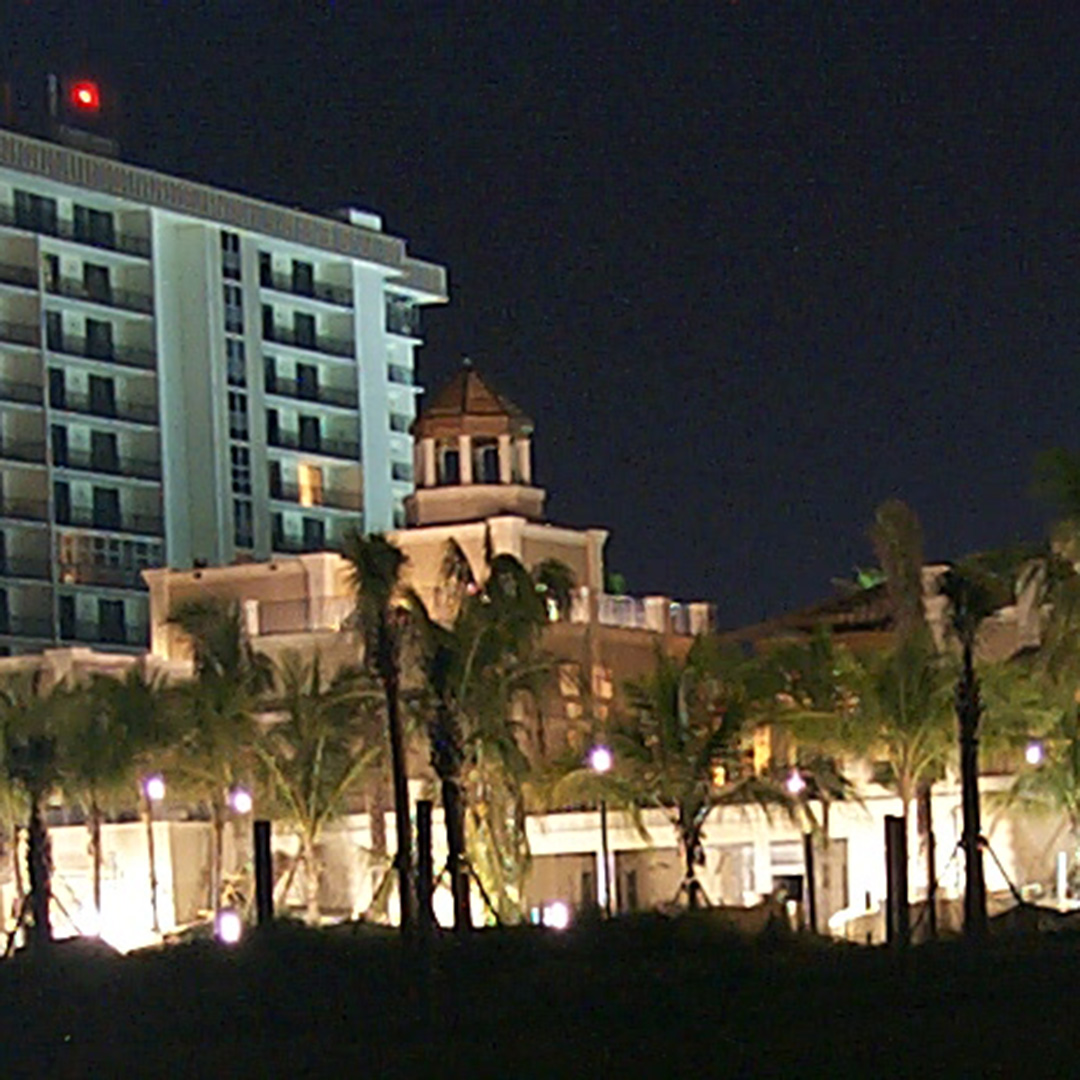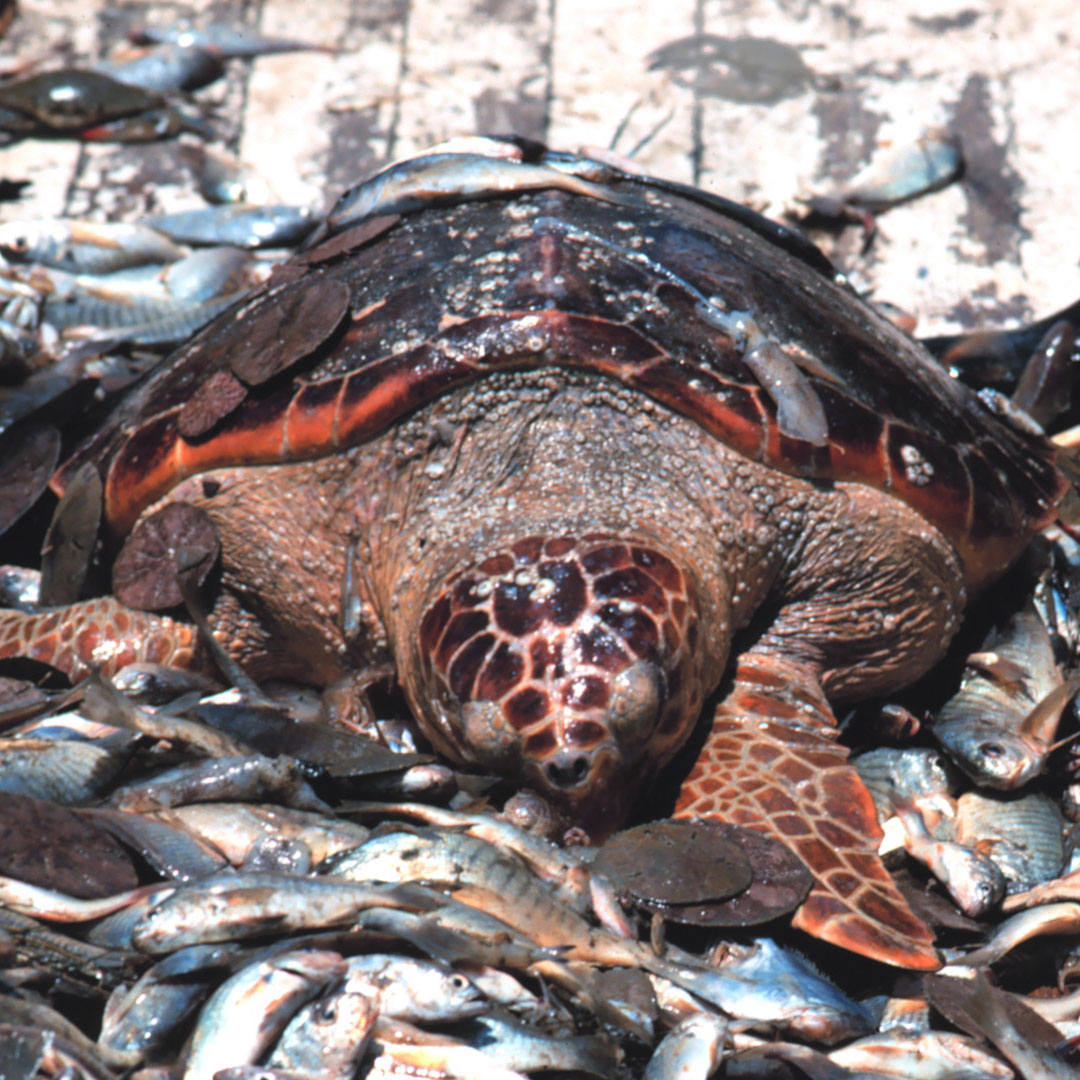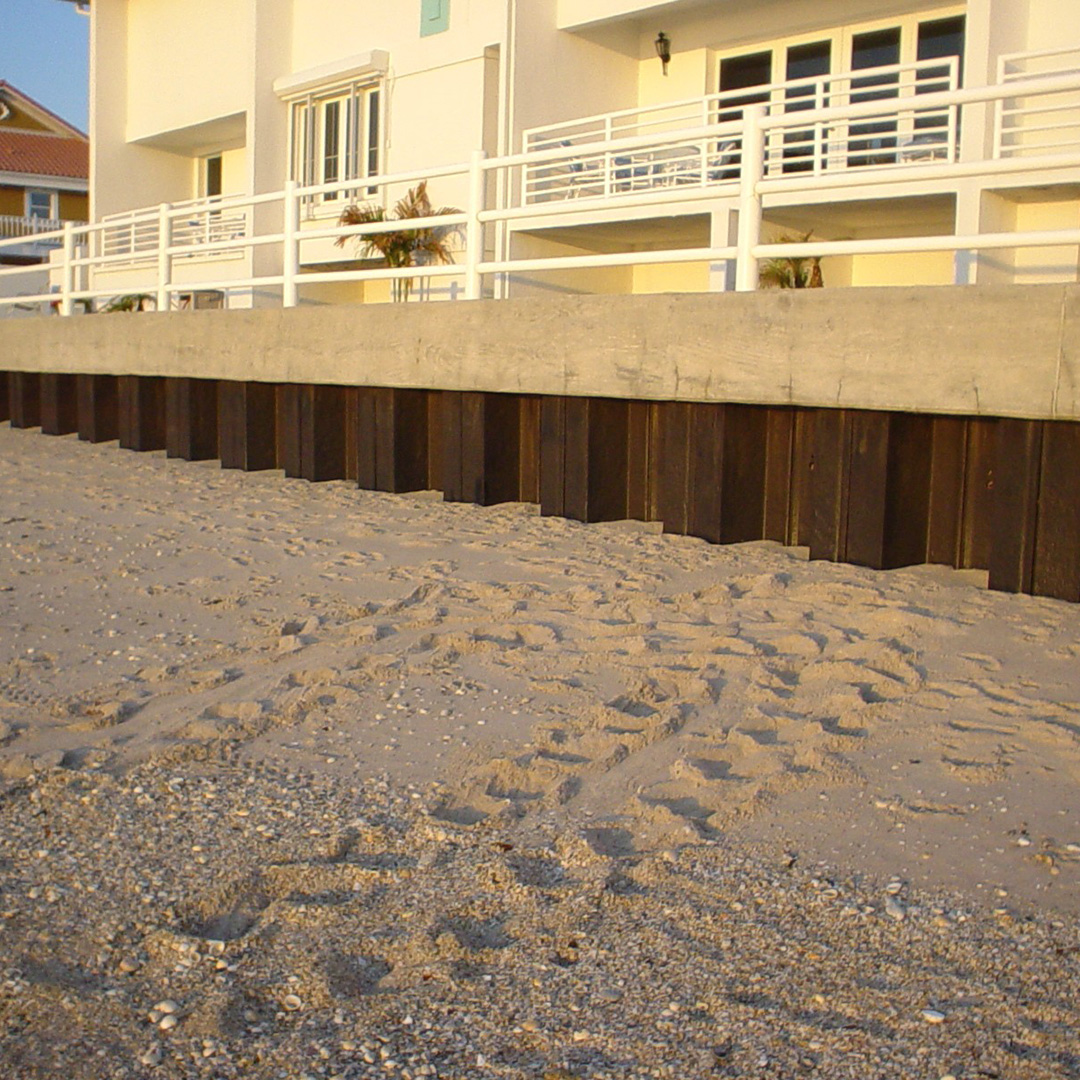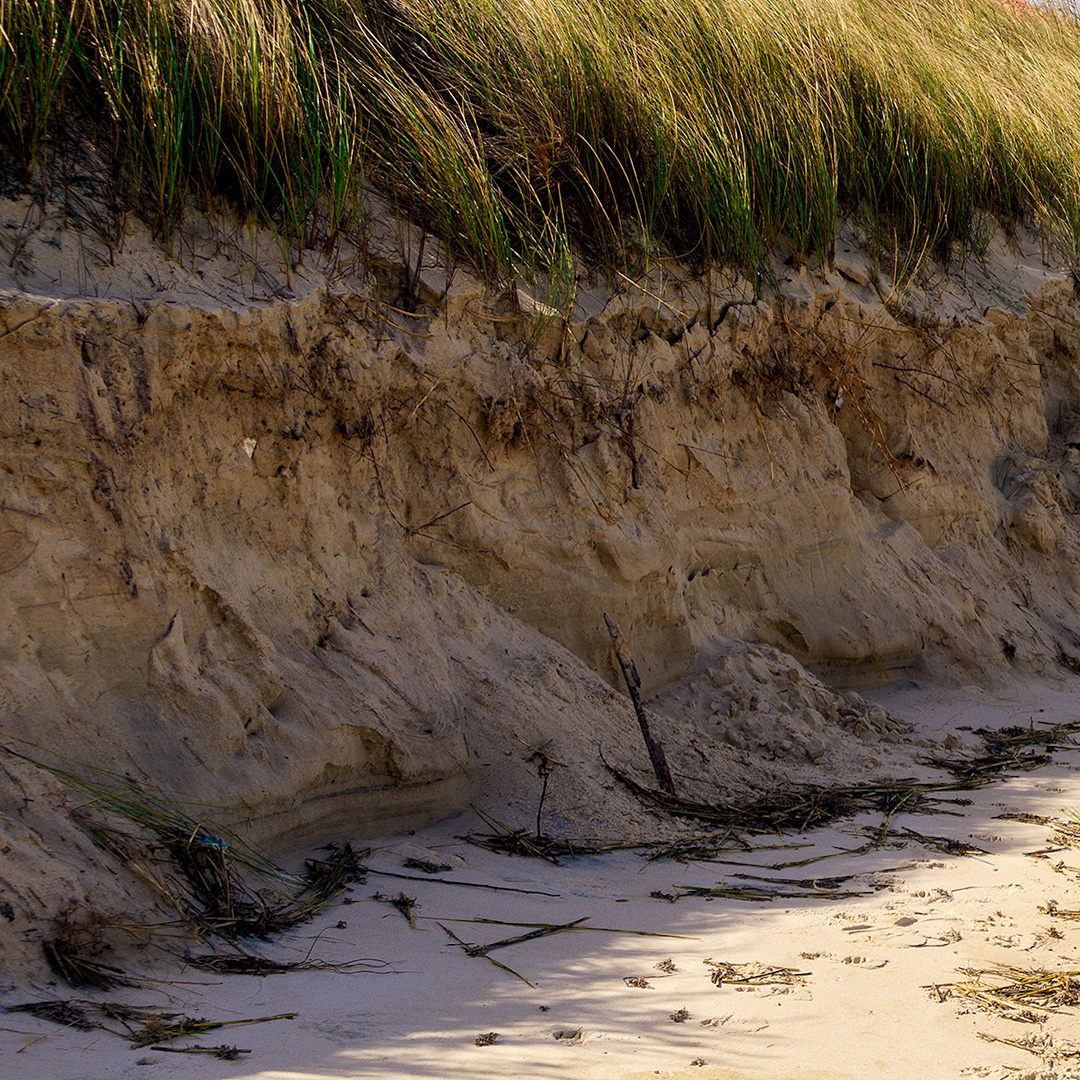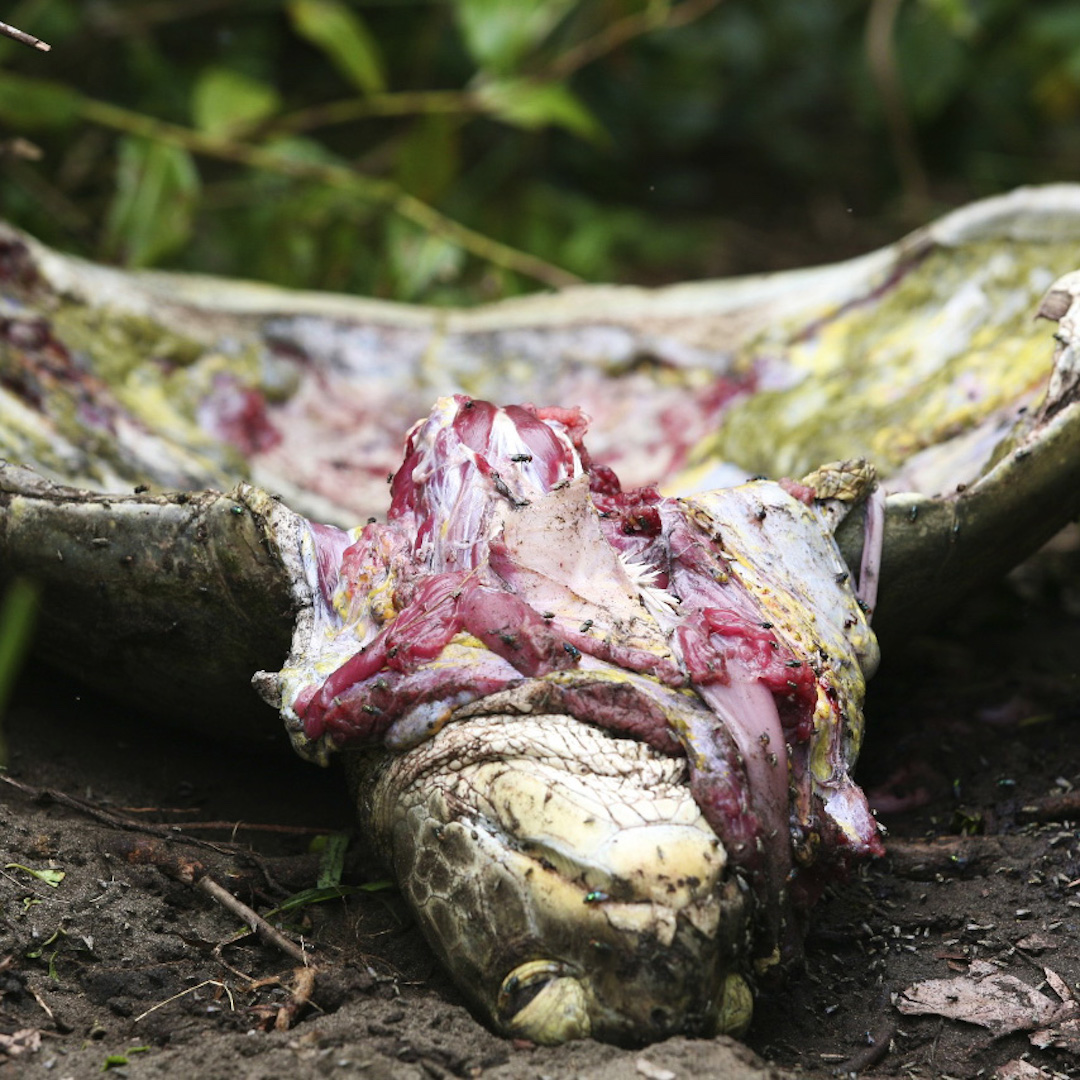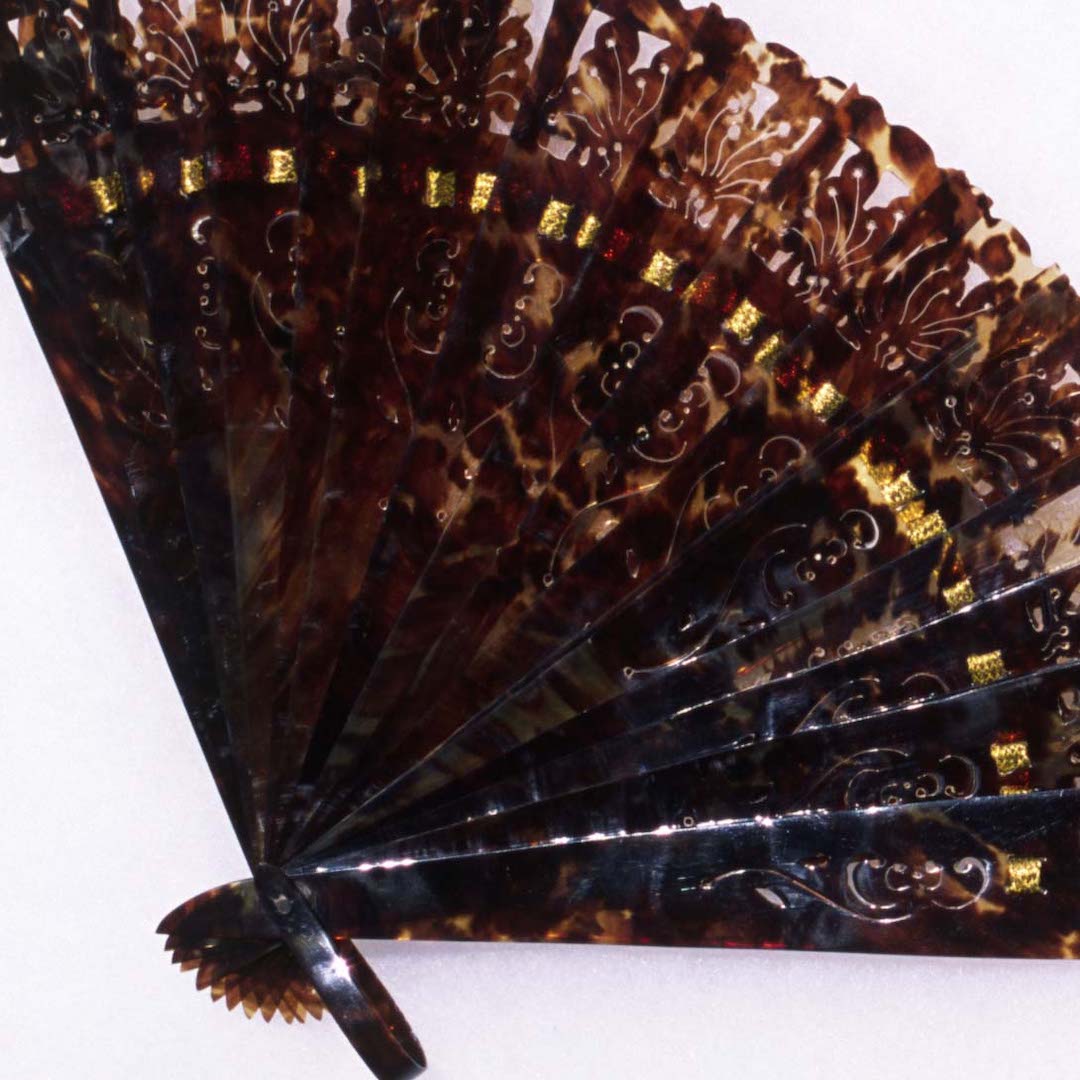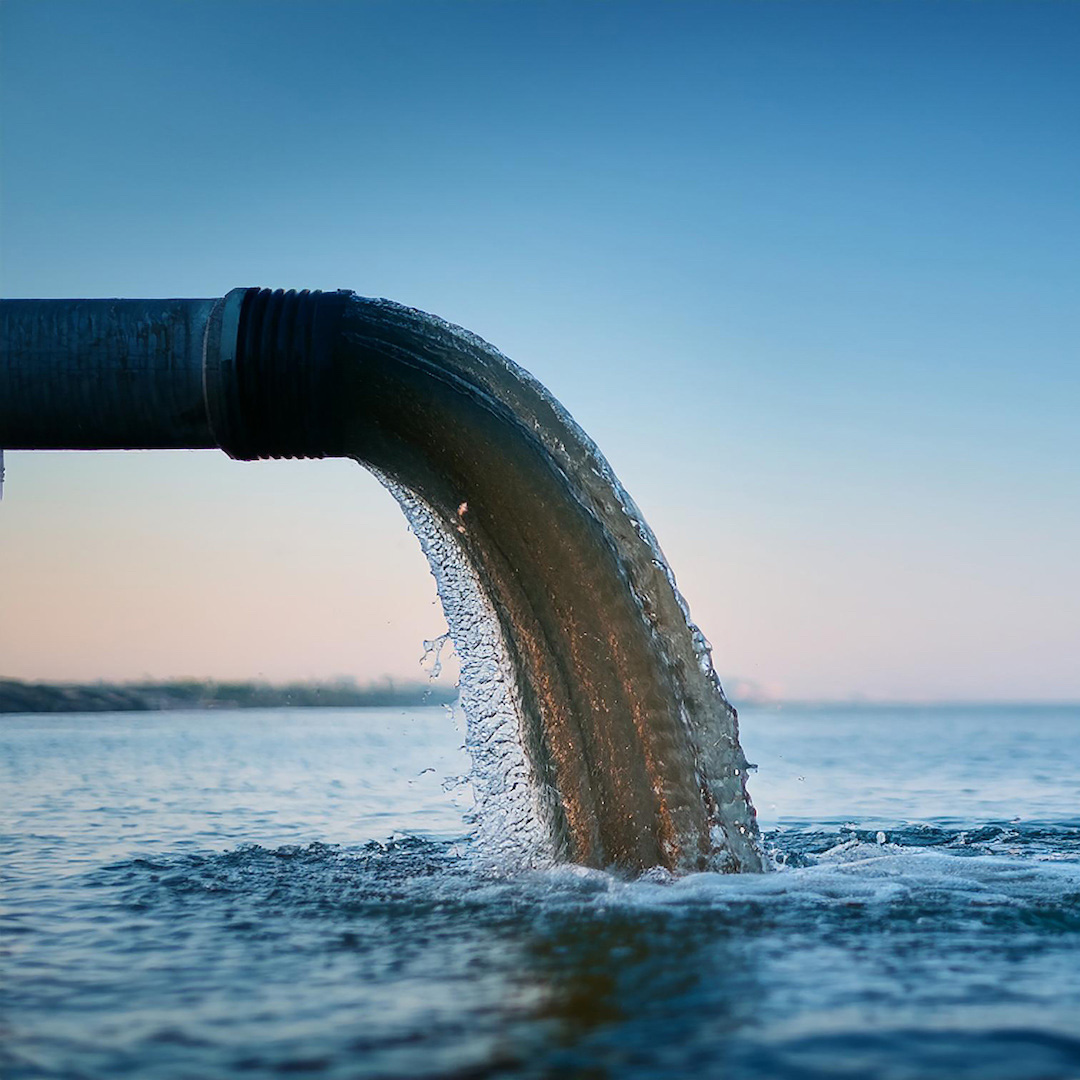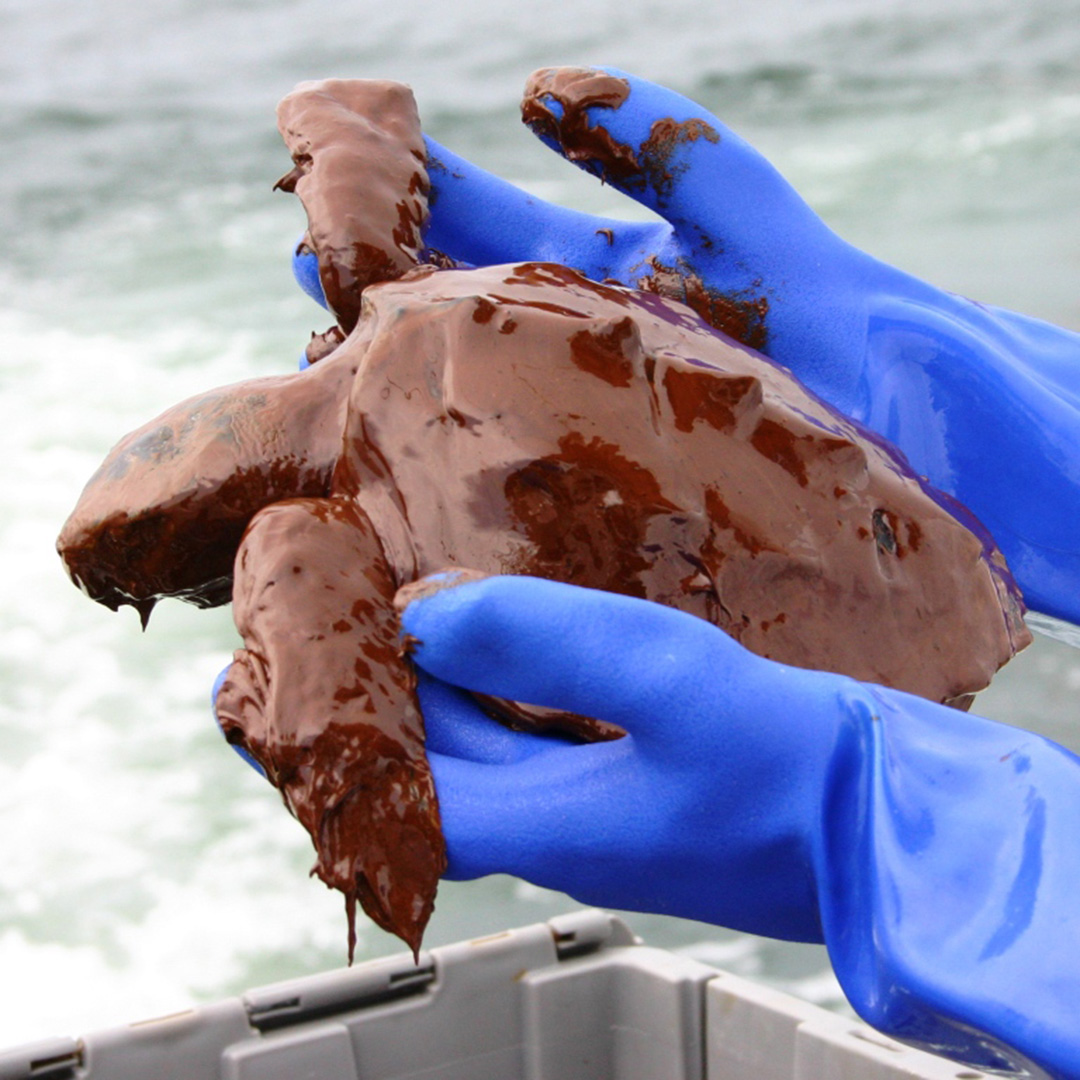Nest Predation
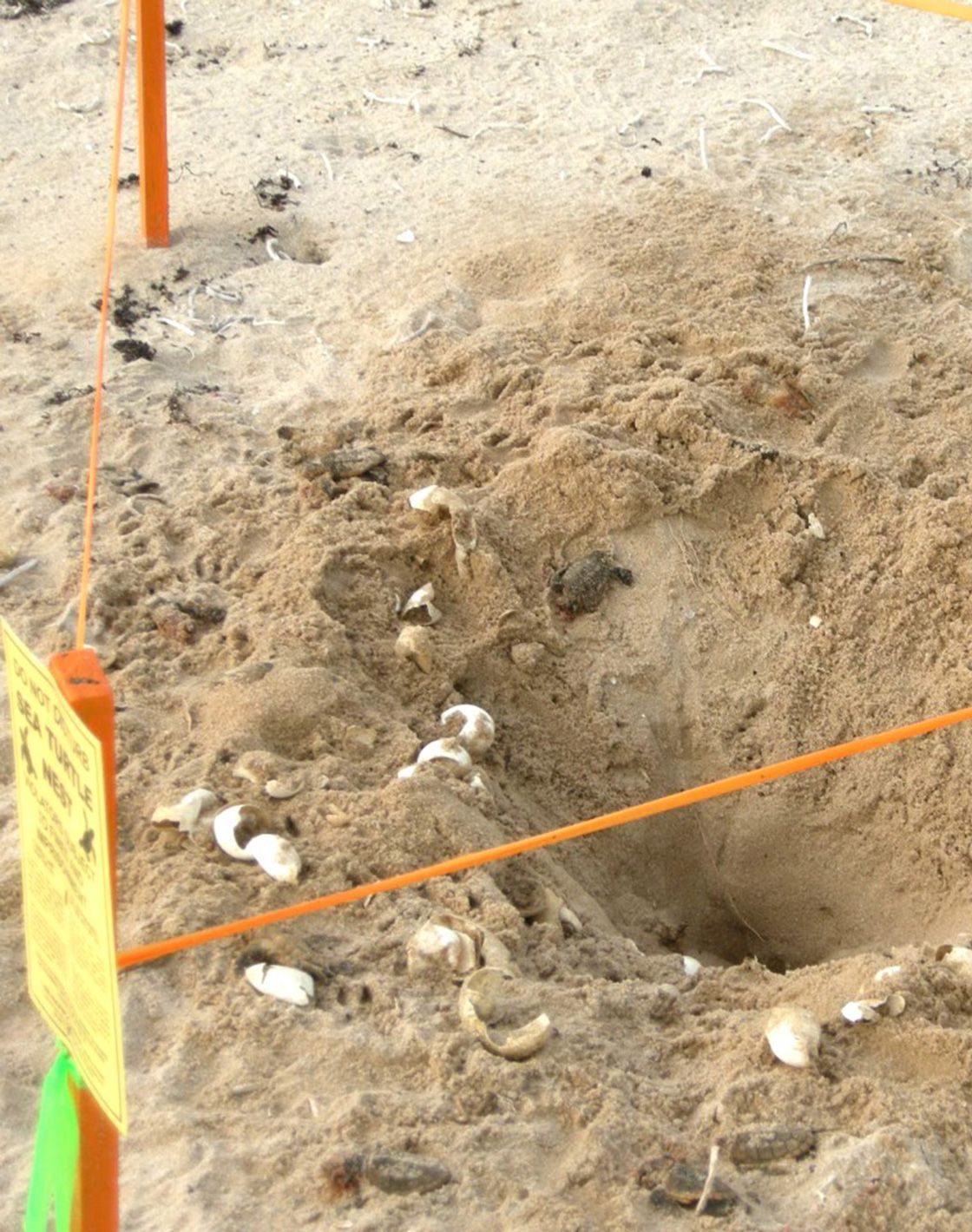
Human Development has Increased Predation of Sea Turtle Nests
Around the globe, sea turtle eggs and hatchlings are a natural food source for many predators. However, due to human changes in the environment, there is a significant and unnatural amount of nest predation on many beaches from raccoons, coyotes, armadillos, feral hogs, and unleashed dogs. For example, human trash left near the beach unwittingly calls non-native species to the beaches to look for food. People living near the beach may intentionally or unintentionally feed nest predators by leaving pet food outside or by having unsecured garbage containers near their home.
While domestic dog predation is a relatively minor problem in the U.S., in many parts of Central America, communities allow packs of dogs to run free in coastal villages. Dogs have an excellent sense of smell and can dig up multiple sea turtle nests in one night. All these factors result in higher populations of nest predators and, ultimately, higher sea turtle nest predation rates.
Taking a Closer Look
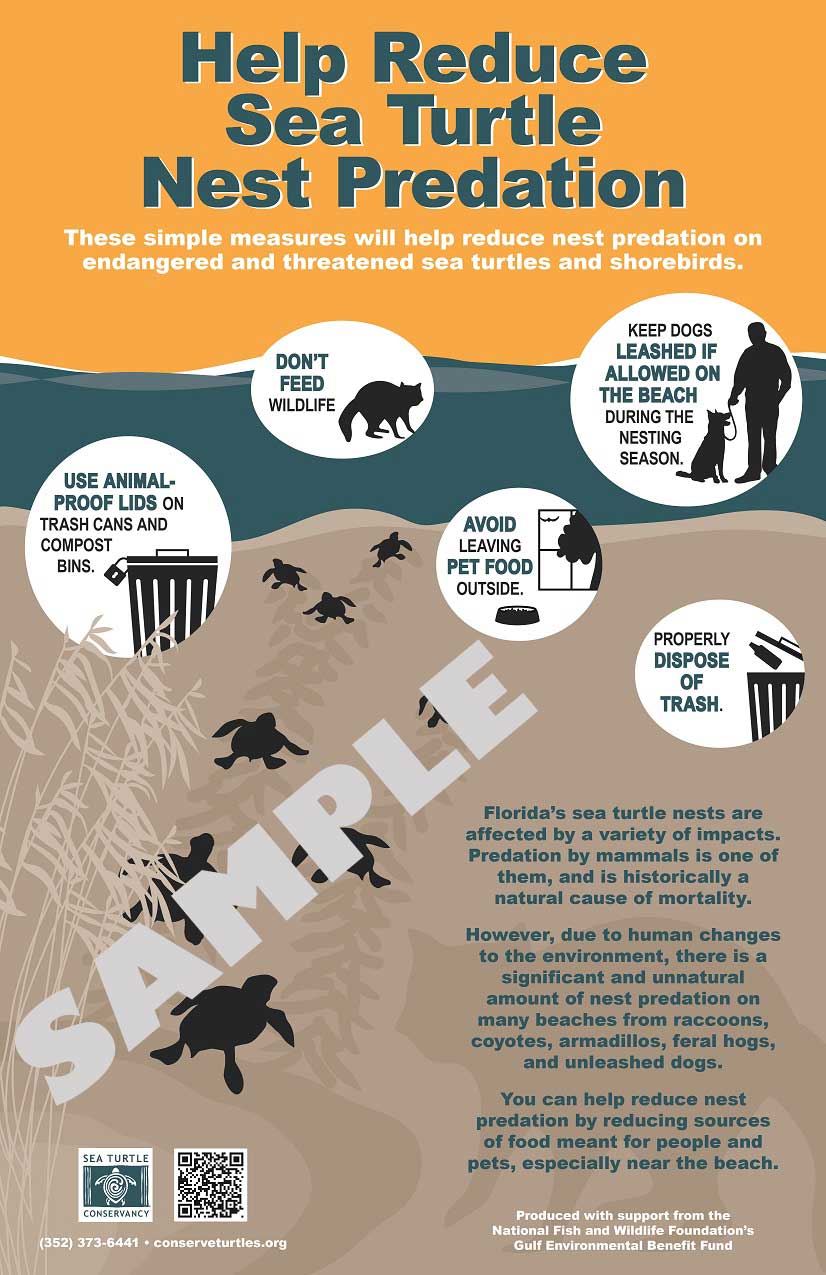
Clean Up After Yourself
People can play a vital role in decreasing the threat of unnaturally high levels of nest predation. In many areas, trash left behind by humans encourages inland animals to migrate to beaches for food, further increasing sea turtle predators. Therefore, one of the easiest ways to help prevent invasive species predation is by disposing of trash and food properly.
Tips & Resources
Don’t feed wildlife
Fed animals will make a habit of returning to the areas where they have been fed. Also avoid leaving pet food outside that wildlife would be attracted to.
Properly Dispose of Trash
Make sure to use animal-proof lids on trash cans and compost bins, especially garbage cans containing food or organic waste.
Keep Dogs Leashed
It’s also important to support your local spay/neuter programs to help with the population of stray animals.
Contact local law enforcement if you witness any predation on sea turtles
In the state of Florida, you can contact the Florida Fish and Wildlife Conservation Commission (FWC) hotline at 1-888-404-3922.
Are you a Florida Fish and Wildlife Conservation Commission principal permit Holder?
You may be eligible to receive funding for screens and cages on the beaches you monitor. Contact us at rick@conserveturtles.org or 352-373-6441 for more information.
